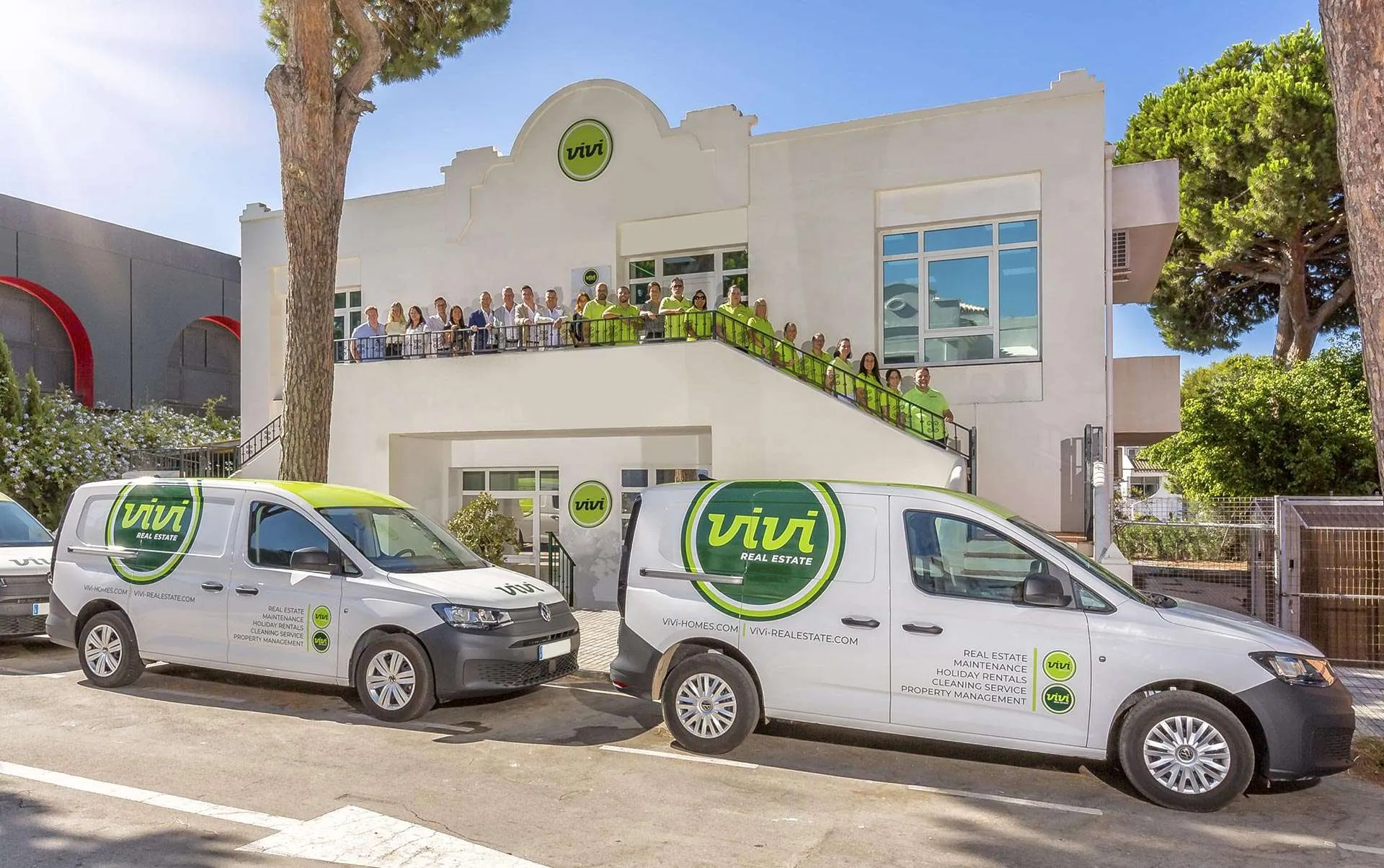The rise of platforms like Airbnb, Booking.com, and Vrbo has transformed the holiday rental market, offering property owners a lucrative opportunity to generate income. However, managing a holiday rental is more than just listing your property online and waiting for bookings to roll in. It requires careful planning, diligent management, and a keen understanding of both the hospitality industry and customer expectations. Effective holiday property management goes beyond the basics; it involves ensuring a seamless guest experience, maintaining your property to a high standard, and staying on top of regulations. Whether you are a first-time property owner or an experienced landlord, knowing the ins and outs of holiday property management is key to maximizing profitability and minimizing stress.
Table of Contents
ToggleIn this comprehensive guide, we’ll cover everything you need to know to succeed in the holiday rental business. From setting up your property for guests to handling guest communications and understanding local regulations, we’ve got you covered.
1. Setting Up Your Property for Success
Creating an Inviting Space
Before listing your property on any rental platform, it’s crucial to make sure your space is attractive, comfortable, and ready for guests. Think of your property as a hotel room, but with the added charm and personality that comes from being in someone’s home. Here are some tips for setting up a welcoming space:
- Invest in Quality Furniture: Comfortable beds, cozy seating, and well-maintained furniture are a must. Guests are looking for comfort, so don’t skimp on the basics.
- Decor Matters: A stylish, well-decorated property can go a long way in making a lasting impression on your guests. Opt for neutral tones that are easy to personalize with pillows, artwork, and plants.
- Stock the Essentials: Ensure the property is stocked with the basics, such as clean linens, towels, soap, and toilet paper. You’ll also want to provide extras like kitchenware, a coffee maker, and possibly even some luxury items like high-end toiletries or a welcome basket.
- Safety First: Install smoke detectors, carbon monoxide detectors, and fire extinguishers. Make sure all safety equipment is functional and easily accessible.
- High-Speed Internet and Entertainment: Wi-Fi is essential for most travelers. Additionally, providing entertainment options like a TV with streaming services, a selection of board games, or books can enhance the guest experience.
Professional Photography
The first impression of your property comes from its photos. High-quality, professional photos can significantly increase your booking rate. Consider hiring a professional photographer who specializes in real estate or holiday rentals to showcase your property in its best light. Ensure the photos capture every angle of the space, highlighting its unique features and amenities.
2. Listing Your Property
Once your property is ready, it’s time to list it on online rental platforms. Here are some tips for creating an eye-catching listing:
- Write an Engaging Description: Craft a detailed, honest description of your property, highlighting its best features. Be sure to mention the number of bedrooms, bathrooms, and any special amenities like a hot tub, swimming pool, or proximity to popular tourist attractions.
- Set Competitive Pricing: Research comparable properties in your area to set a competitive price. Many platforms offer pricing tools that can help you determine the optimal rate based on factors such as seasonality and demand.
- Offer Flexible Check-in/Check-out Times: Flexibility can be a big selling point for guests. Offering flexible check-in and check-out times can make your property more appealing, especially to travelers with tight schedules.
3. Managing Guest Communications
Maintaining clear and prompt communication with guests is essential to ensuring a positive experience and gaining repeat bookings. Here are some strategies for handling guest communications effectively:
- Respond Quickly: Guests often make decisions based on how quickly hosts respond. Try to reply to inquiries within an hour, if possible. Many platforms have automatic messaging systems that can help you stay responsive even when you’re not available in real-time.
- Be Clear and Transparent: Set clear expectations by outlining check-in procedures, house rules, and any additional fees upfront. The more transparent you are about your property, the less likely you are to face misunderstandings later.
- Provide Local Recommendations: Going above and beyond by offering guests recommendations for local restaurants, attractions, or experiences can enhance their stay and set you apart from other properties.
4. Pricing Strategies and Revenue Management
Pricing your holiday rental effectively is key to optimizing your earnings. Setting the right price can make all the difference between a fully-booked property and an empty one. Here are some strategies to consider:
- Seasonal Adjustments: Adjust your rates based on the season. For instance, if you’re located in a tourist hotspot, prices might be higher during peak season and lower during off-season months. Consider using dynamic pricing tools to automate this process.
- Minimum Stay Requirements: Set minimum stay requirements to avoid short stays that don’t maximize your property’s potential. For example, you might want to set a two-night minimum stay on weekends or during holidays.
- Offer Discounts: Offering discounts for early bookings, longer stays, or repeat guests can incentivize potential renters to book your property.
5. Managing Cleanliness and Maintenance
A clean and well-maintained property is crucial to guest satisfaction. Guests expect to walk into a property that feels fresh and well-kept. Here’s how you can manage cleanliness and maintenance:
- Regular Cleanings: Hire professional cleaners or invest time in ensuring the property is cleaned thoroughly after each guest stay. This includes washing all linens and towels, sanitizing bathrooms and kitchens, and vacuuming all areas.
- Inspect the Property: Regularly inspect the property for any issues that need repair, such as leaking faucets, broken appliances, or malfunctioning light fixtures. Addressing small issues before they become big problems will save you time and money in the long run.
- Provide an Emergency Contact: Always provide guests with an emergency contact number in case they need assistance during their stay. This could be a property manager or maintenance person who can respond quickly to any urgent issues.
6. Handling Reviews and Guest Feedback
Positive reviews are one of the most powerful marketing tools for your property. Happy guests are more likely to leave glowing reviews, which can lead to more bookings. On the flip side, dealing with negative feedback can be tricky. Here’s how to navigate guest reviews:
- Respond to Reviews: Whether they are positive or negative, responding to reviews shows future guests that you care about their experience. Thank guests for their feedback and address any concerns they may have raised.
- Learn from Criticism: Negative reviews can offer valuable insights into areas of your property or service that may need improvement. Use this feedback constructively to improve the guest experience.
- Encourage Reviews: After a guest has checked out, send a polite message thanking them for their stay and encouraging them to leave a review. You can also ask guests for feedback directly during their stay, allowing you to address any concerns before they write a review.
7. Legal and Regulatory Considerations
Each city or country has its own rules and regulations regarding holiday rentals. It’s essential to familiarize yourself with the local laws and obtain any necessary permits or licenses before renting out your property.
- Short-Term Rental Regulations: Check whether your city or region has regulations regarding short-term rentals. Some places require hosts to register their property, while others have restrictions on the number of days a property can be rented out per year.
- Tax Obligations: Understand the tax implications of running a holiday rental business. Depending on your location, you may be required to collect occupancy taxes or report rental income.
- Insurance: Make sure you have appropriate insurance coverage to protect against damages, accidents, or liability claims.
8. The Benefits of Hiring a Property Management Company
Managing a holiday rental can be time-consuming, especially if you have multiple properties or live far from your rental. This is where a property management company like Vivi Property Management can be invaluable. These professionals handle everything from guest communications to maintenance, pricing, and cleaning, ensuring a stress-free experience for you as the property owner.
Vivi Property Management specializes in maximizing rental income while providing exceptional service to guests. Their team is experienced in handling all aspects of holiday rental management, so you can focus on the things that matter most to you. Whether you’re looking for assistance with marketing, managing bookings, or maintaining your property, Vivi Property Management can help you optimize your rental business for success.
Ready to take your holiday rental to the next level? Contact Vivi Property Management today and let our expert team handle the details, so you can enjoy stress-free income and maximum profitability!
FAQs
1. What is holiday rental management?
Holiday rental management involves overseeing all aspects of short-term property rentals, including marketing, booking, maintenance, and guest services.
2. How can I make my holiday rental more attractive to guests?
You can enhance your property’s appeal with professional photos, detailed listings, competitive pricing, quality amenities, and excellent guest communication.
3. Should I hire a holiday rental management company?
Hiring a management company can save you time, handle guest relations, ensure property upkeep, and optimize your rental income — especially if you’re busy or live far away.
4. What are the common challenges in managing a holiday rental?
Common challenges include managing bookings, handling last-minute issues, maintaining property standards, responding to reviews, and navigating local regulations.
5. How can I maximize profits from my holiday rental property?
Maximize profits by setting dynamic pricing, maintaining high property standards, encouraging repeat bookings, and using effective marketing strategies.

